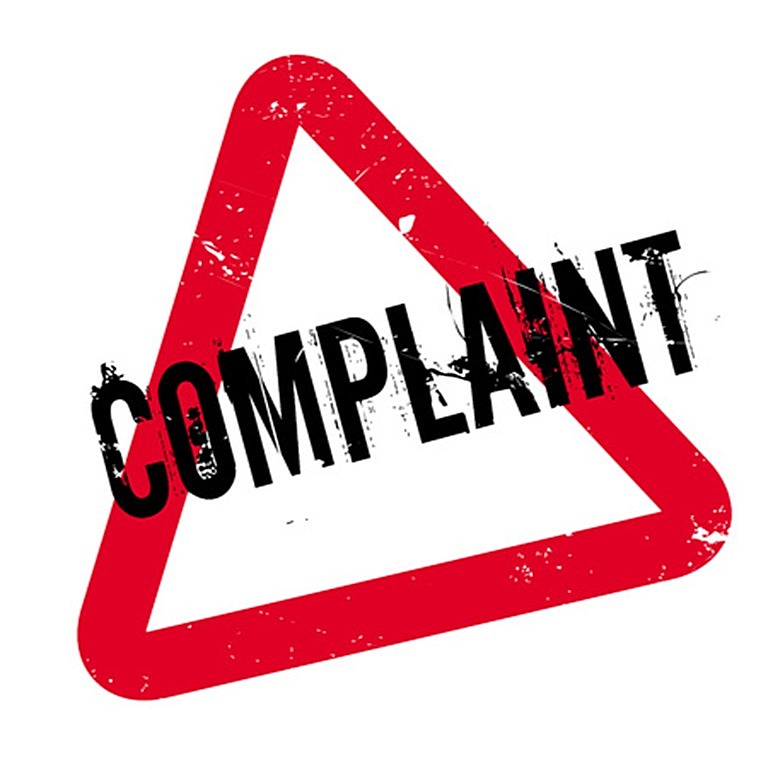On July 6, 2025, questions about the ethics of direct mail advertising tactics used by broadband ISPs in the UK were discussed. The practice of sending promotional materials that mimic official or urgent correspondence has become more common, raising concerns about consumer manipulation and transparency.
The envelope designed to resemble official government or legal notices often prompts recipients to open it with urgency, only to find promotional content advertising broadband services. This technique leverages psychological cues to attract attention, but it also risks misleading consumers into thinking the message is more important or urgent than it truly is.
While some argue that such marketing practices are innovative, others believe they tread dangerously close to unethical behavior. The line between catching consumer attention and exploiting their instincts can sometimes lead to reputational damage for providers caught employing questionable tactics.
Regulatory oversight, like the UK’s Advertising Standards Authority (ASA), is generally slow and lenient in response to breaches, which may embolden companies to push these boundaries further. Ultimately, the debate centers around whether these marketing strategies respect the consumer’s right to honest and transparent advertising or whether they manipulate and deceive for commercial gains.
The industry’s challenge is producing effective advertising that stands out in a cluttered mailbox, while maintaining ethical standards. As companies continue to explore creative avenues, the question remains: what is acceptable, and where should the line be drawn? Readers are encouraged to reflect on their personal experiences with direct mail marketing and share their opinions.
Further discussions are expected to include more examples of contentious marketing tactics from various broadband providers, aiming to assess the broader impact on consumer trust and industry reputation.

![[AS262448] DIALHOST INTERNET EIRELI](https://r2.isp.tools/asn/262448/logo/image_100px.png)




![[AS265097] UPNET TELECOM](https://r2.isp.tools/asn/265097/logo/image_50px.png)
![[AS262393] A ALVES GOMES INFORMATICA - ME](https://r2.isp.tools/asn/262393/logo/image_50px.png)
![[AS14282] PERSIS TELECOM](https://r2.isp.tools/asn/14282/logo/image_50px.png)
![[AS268276] MEGA WIFI - EIRELI](https://r2.isp.tools/asn/268276/logo/image_50px.png)
![[AS266022] G S INFORNET PROVEDOR DE INTERNET EIRELI](https://r2.isp.tools/asn/266022/logo/image_50px.png)
![[AS262459] Osirnet Info Telecom Ltda.](https://r2.isp.tools/asn/262459/logo/image_50px.png)
![[AS267654] MAXBR COMERCIO E PRESTACAO DE SERVICOS LTDA - ME](https://r2.isp.tools/asn/267654/logo/image_50px.png)
![[AS262428] LINK 10](https://r2.isp.tools/asn/262428/logo/image_50px.png)
![[AS262808] Brasilnet Telecomunicações Ltda ME (2 probes)](https://r2.isp.tools/asn/262808/logo/image_50px.png)
![[AS52527] IWNET TELECOM LTDA ME](https://r2.isp.tools/asn/52527/logo/image_50px.png)
![[AS7195] EdgeUno (6 probes)](https://r2.isp.tools/asn/7195/logo/image_50px.png)
![[AS262448] DIALHOST INTERNET EIRELI](https://r2.isp.tools/asn/262448/logo/image_50px.png)